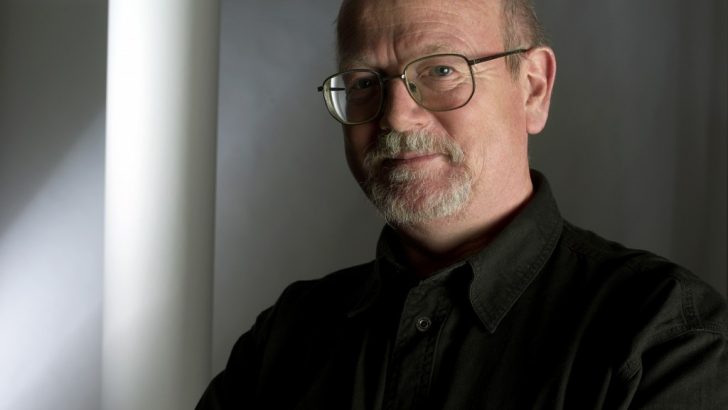On the occasion of his retirement in 2018 as organist of Christ Church Cathedral Waterford, Dean Maria Jansson described Eric Sweeney as “a man of deep faith for whom music is his language with God”.
Eric Sweeney’s final service coincided with the ordination to the Church of Ireland priesthood of former leader of the Green Party, Trevor Sargent. Following the ceremony, Sweeney said he planned to devote his time to composition. However, his untimely death on July 21 this year means his plans may not have been fully realised.
One of the first Irish composers to embrace a minimalist style, Eric Sweeney was born in Dublin on July 15, 1948 and, like his younger brother Peter, attended Sandford Parish Primary School. Secondary education had the brothers at St Patrick’s Cathedral School and taking organ lessons from the revered incumbent, Sydney Grieg.
Eric continued his organ studies abroad with the eminent Flor Peeters in Belgium and the equally renowned Fernando Germani in Italy.
Marriage
Back in Dublin, Eric Sweeney lectured at the College of Music and his alma mater, TCD. In 1978 he became choral director in RTÉ, working closely with the station’s Singers until 1981. That year he and his family – he had married Sally Johnston in 1972 – moved to the music department of Waterford’s Institute of Technology where he remained until 2010. By then, it might be said, Eric Sweeney had become music patriarch of the South East.
Besides his work in WIT and the city’s Cathedral, Eric Sweeney found time for composition. His extensive output covers a large corpus of chamber, organ and choral music and a considerable legacy of large-scale works including several commissions from home and abroad.
Appointed a member of Aosdana, Eric Sweeney served on the board of the Arts Council, was composer-in-residence to the Newport Rhode Island Festival, visiting scholar of composition at the University of Illinois, visiting lecturer at Indiana State University and composer-in- residence at Memorial University in St John’s Newfoundland.
More recently he was composer-in-residence at Waterford University Hospital for which he wrote one of his final pieces, Hospital Voices. With its text devised by Waterford poet Edward Denniston, the work has been termed ‘unusual and thought-provoking’.
Performance
The cantata Deirdre for RTÉ was premièred at the National Concert Hall while his Dance Music, commissioned by London’s Royal Philharmonic Orchestra, also had its first performance at the NCH by the visiting RPO. Among Sweeney’s other compositions are two symphonies and five concert: trumpet, saxophone, guitar, four violins and solo violin.
There are also three chamber operas – The Invader, The Green One, both with libretti by English poet Mark Roper, and Ulysses with its text adapted by Joycean expert Andrew Basquille.
Excerpts from the latter were performed at various Dublin venues on Bloomsday 2016.
The inventive Sweeney also provided music for a number of classic silent films including The Phantom of the Opera, Dracula, Nosferatu and The Cabinet of Dr Caligari.
A man of many talents used with imaginative diversity, may Eric Sweeney’s soul rest in peace.


 Eric Sweeney
Eric Sweeney 